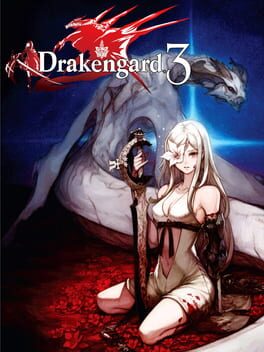Basically a potpourri of Yoko Taro's usual ruminations including exploring the inevitable development of a human/machine's moral ambiguity over time, the mechanics of wholesome companionship within these furthest extremes of vulgarity and depravity, how these politics and natural human inclination towards goodwill influence his classic self-destructive scenarios/fantasies when it comes to his attitude toward being an artist, and a metacommentary on how annoying lore hunters online caused an even further self-destructive loop inside his own machine against his will. What this adds up to I can charitably describe as a warning against the fraying of interiority when one tries to mentally blockade themselves from good old fashioned causation, but this is more or less the same conclusion we get from Drakengard the first which leaves Drakengard 3 ending up as the slightest Yoko Taro work despite being the most convoluted, and it's intertextual function in the canon feels mainly intended to poke fun at the intertextuality itself, which is a shame because that aspect is one of the best parts of this series for me (although this could be in response to how fans don't tend to treat the relationship between Drakengard the first and NieR with any respect beyond it's status as the "joke" path). The relative balance of Drakengard the first and NieR is worn away here too far into general pettiness and spite, something that was then overcorrected by the new sincerity vibe of his second slightest game NieR: Automata

LILSHUTUP
2 years ago